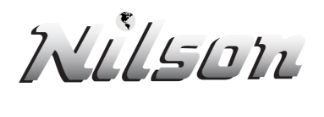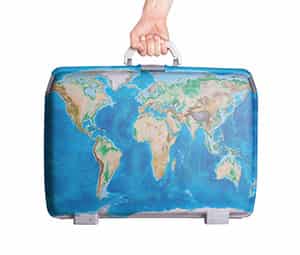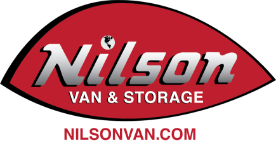Learn how to the streamline the process of moving in the military.

Moving in the military is just part of the life. If you’re enlisted or if you’re married to someone who is, take a few minutes to familiarize yourself with the process. Using a handful of resources can make your transitions easy as can be.
Once you have your moving orders, be sure to look into the following:
Meet with the appropriate branch office.
Each branch of the military does things a little bit differently, which can confuse the process a little. After you receive orders, members of the Army will make an appointment with the Installation Transportation Office to discuss the particulars of your move and get the process started.
Members of the Air Force should meet with someone from the Traffic Management Office. Both the Navy and the Marine Force plan moves through the Personal Property Shipping Office. Coast Guard members go through the Household Goods Shipping Office, and those employed through the Department of Defense plan through the Joint Personal Property Shipping Office. You can also visit the Defense Personal Property System online.
Contact the family center at your new location.
That’s right; the family center where you are doesn’t have much help to offer besides support. Reach out to the center at your up-and-coming installation for help in getting established in your new home. Again, depending on the branch you’re in, these can go by different names. You’ll be making a call to the Army Community Service Center, Air Force Family Service Center, Marine Corps Community Service Center, Navy Fleet and Family Support Center, National Guard Family Assistance Center, or something similar.
Talk to the housing office.
You’ll need help finding new digs, but you’ll have special instructions for clearing out too. Contact your current housing office as well as the one at your new installation, just be prepared to be placed on a waiting list and ask about your options in the meantime.
Contact available movers for a quote.
Early in the process, you’ll receive a list of approved military movers. Look for an experienced company with a straightforward estimate process and guaranteed quotes. Keep in mind, it may be necessary for them to visit your home to get a good sense of how much time and materials will be needed to move your household.
Find out about moving in the military from the professionals at Nilson Van; contact us or call 844-668-3721 to learn more about the process.





